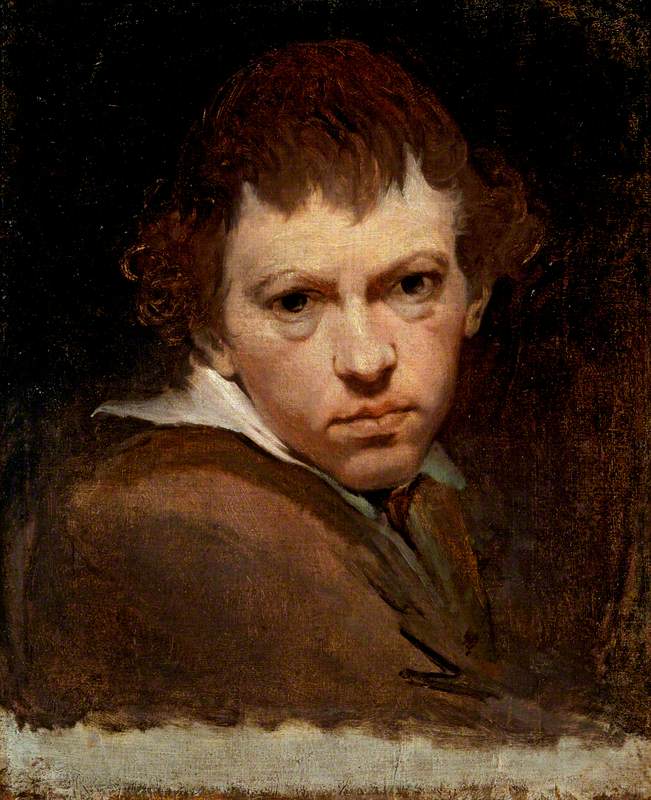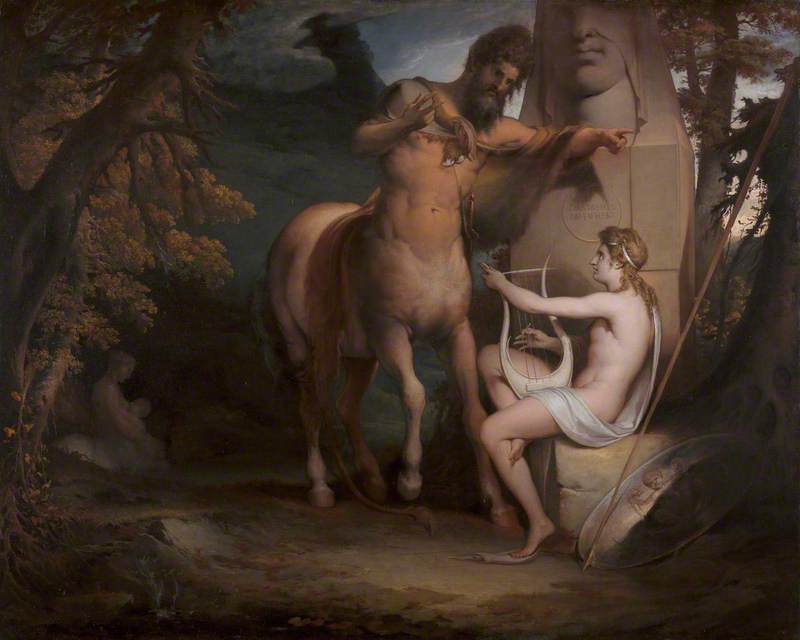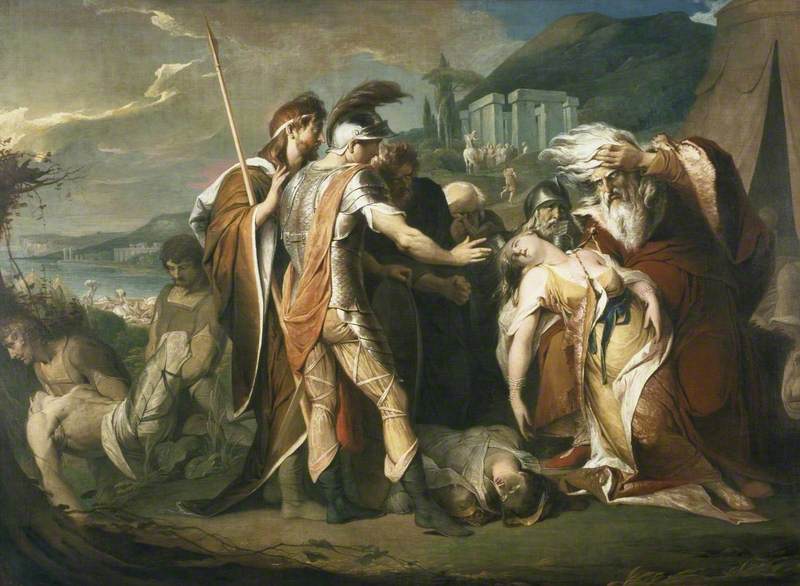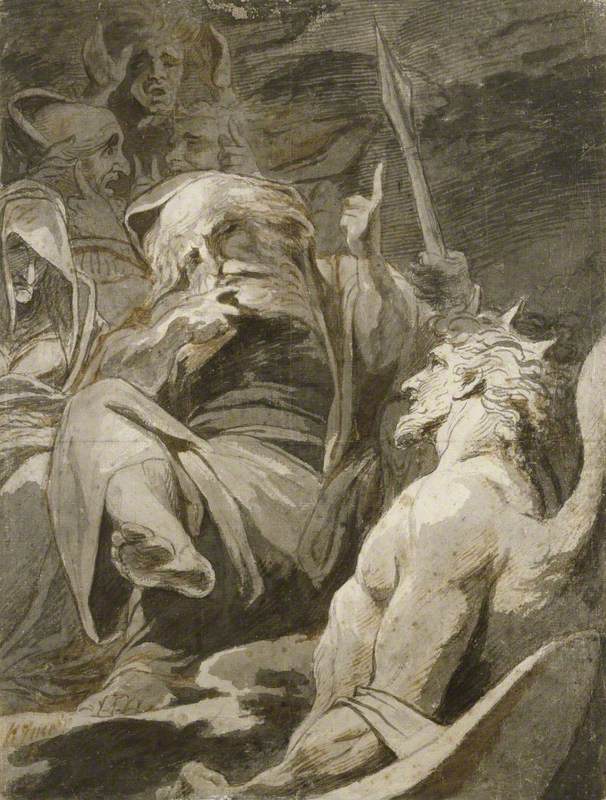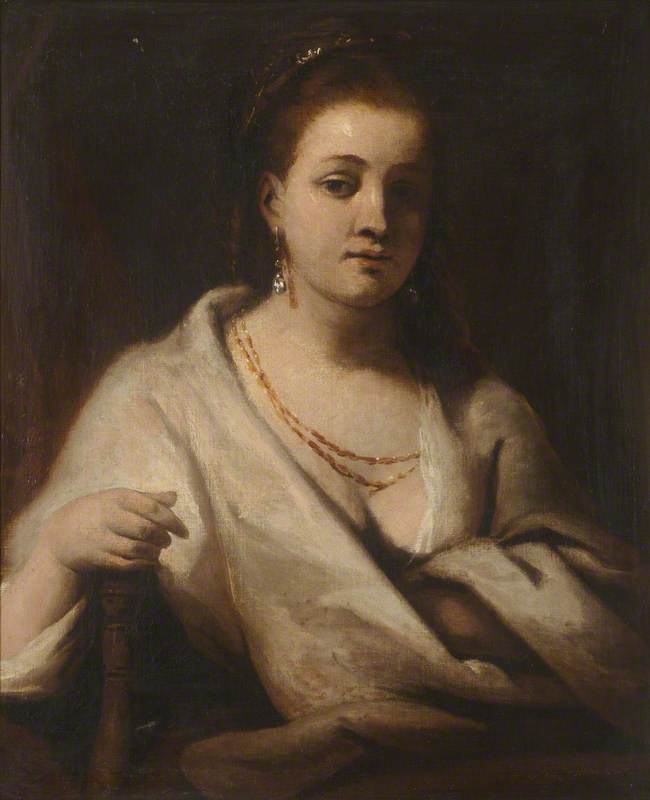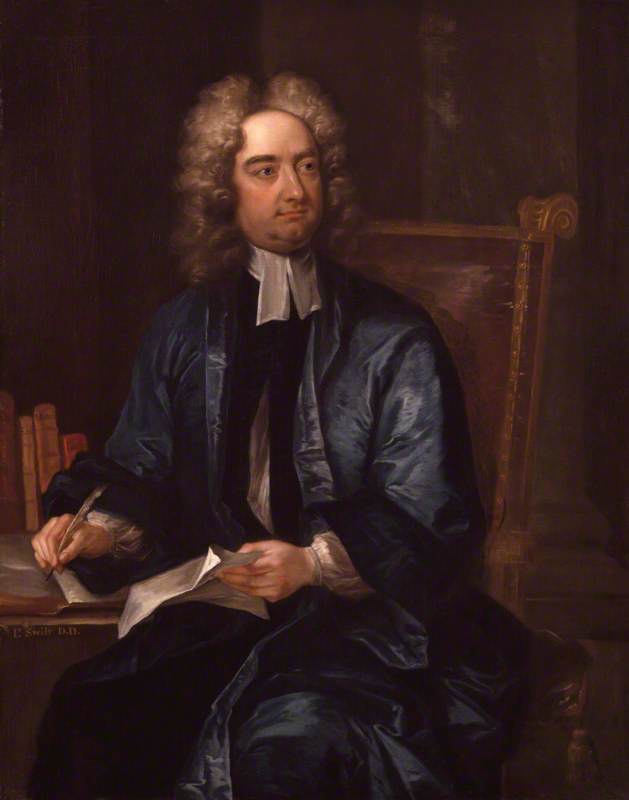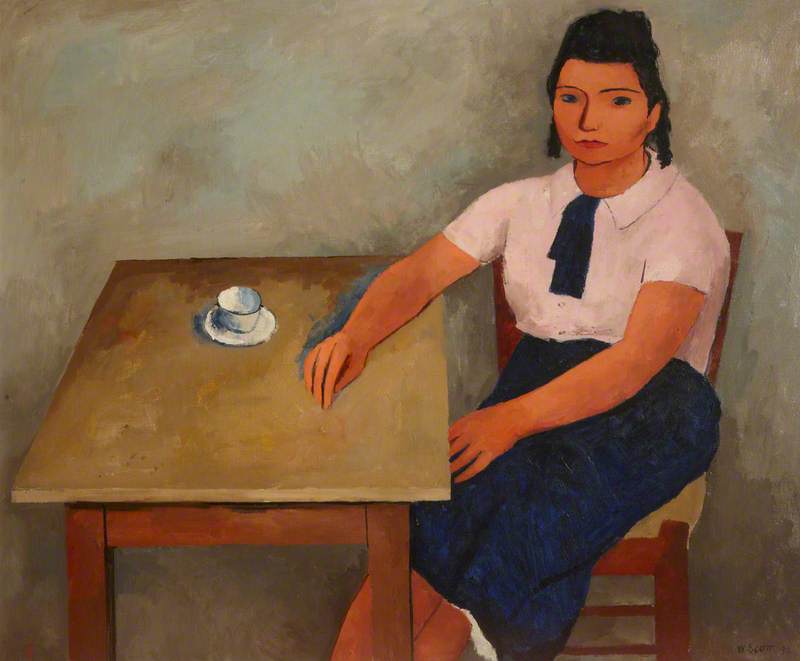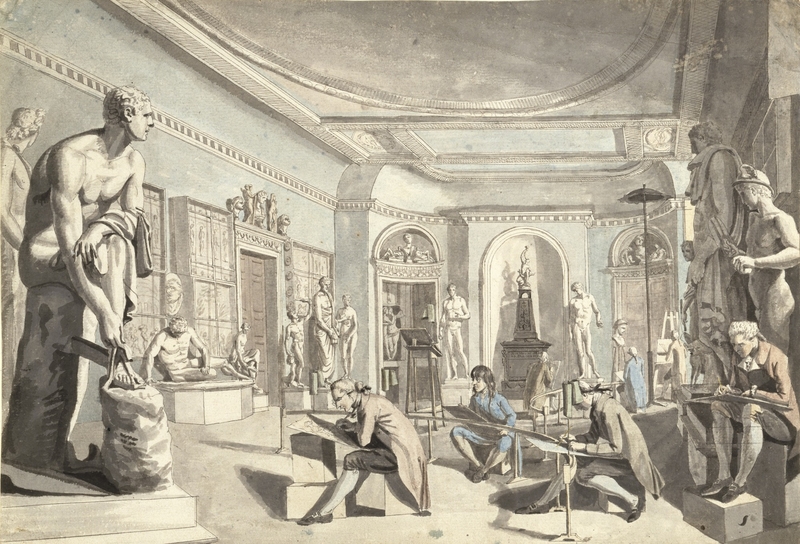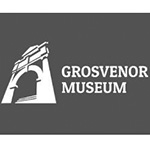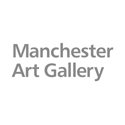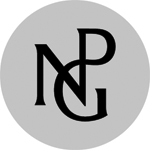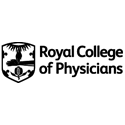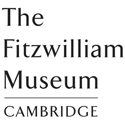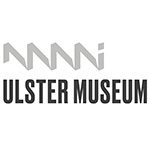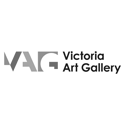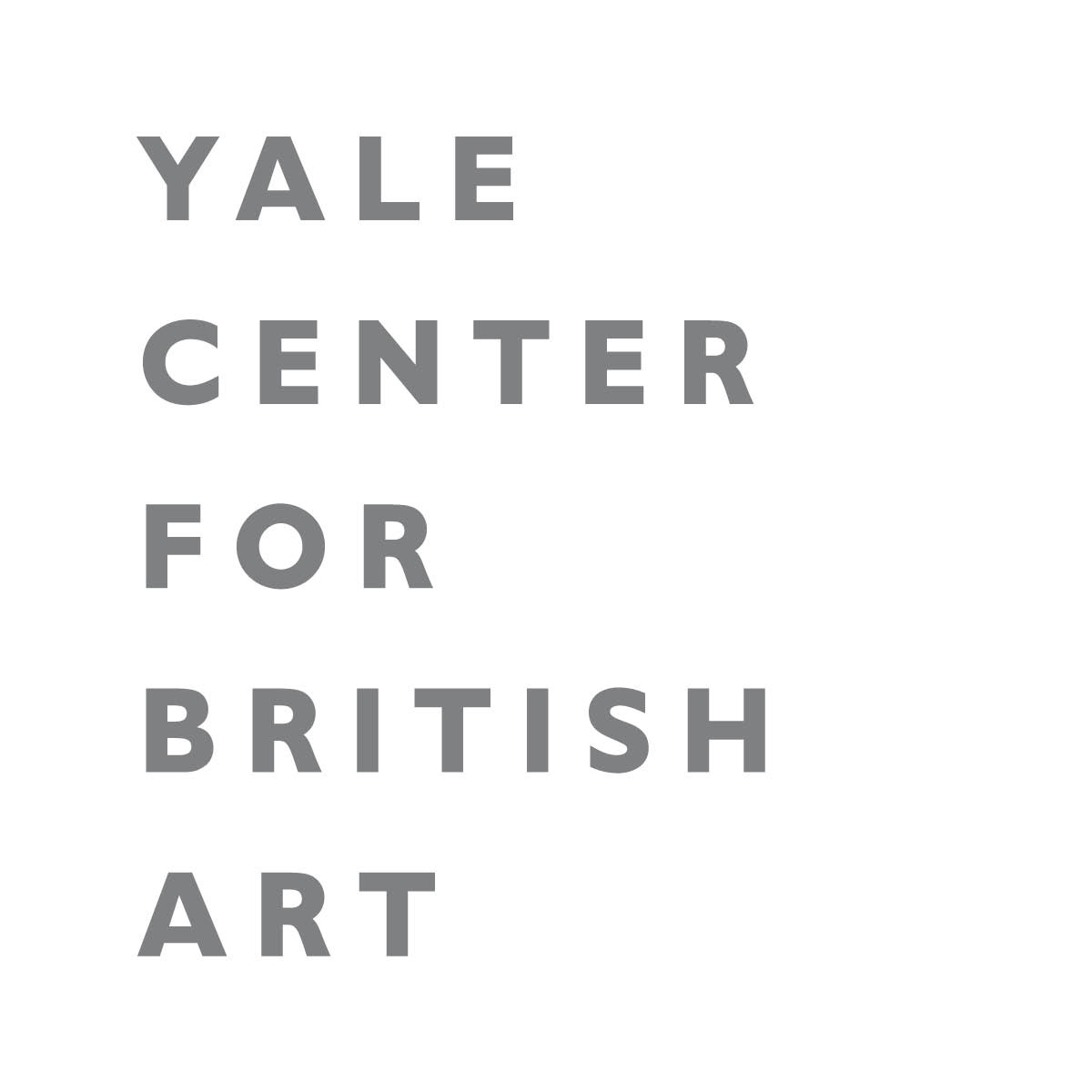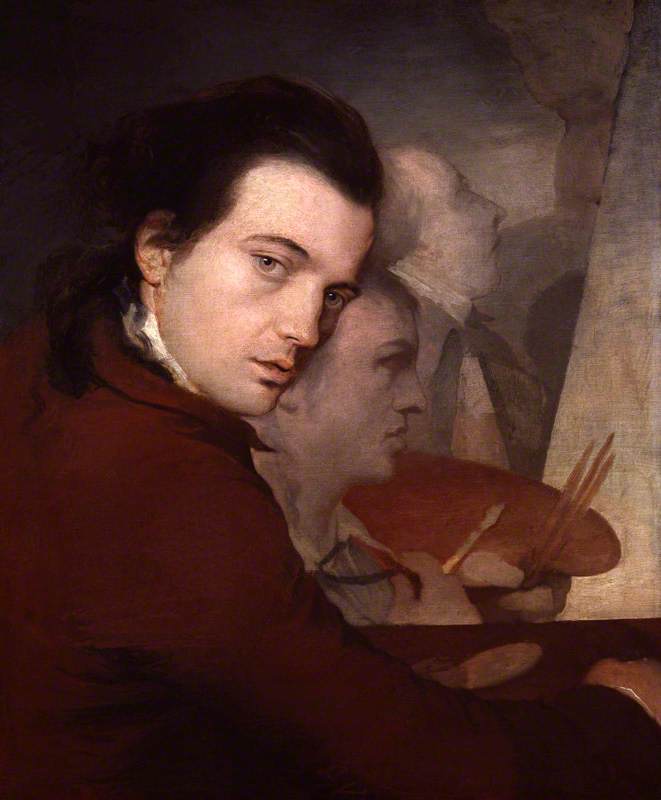
James Barry; Dominique Lefevre; James Paine the Younger 1767
James Barry (1741–1806)
National Portrait Gallery, London
(b Cork, 11 Oct. 1741; d London, 22 Feb. 1806). Irish painter, active mainly in England. In 1763, in Dublin, he met Edmund Burke, an Irish-born statesman and writer (see Sublime), who encouraged him to move to London and financed a lengthy Continental visit (1766–71), which he spent mainly in Rome. There Barry was overwhelmed by the work of the great masters of the Renaissance, underlining his ambition to paint elevated subjects with moral messages. In a British art world dominated by portraiture there was little patronage for this type of picture, but Barry pursued his independent path with fervour—he was the only British artist of his time who adhered consistently to Reynolds's precepts for history painting in the Grand Manner. His most famous work, a scheme of six large decorative paintings entitled The Progress of Human Culture (1777–83), for the Great Room of the Society of Arts, London, is the most grandiose achievement of this kind by any artist of the British School, but its weak draughtsmanship and flabby rhetoric show that his ambitions far outstripped his talent.
Text source: The Oxford Dictionary of Art and Artists (Oxford University Press)
